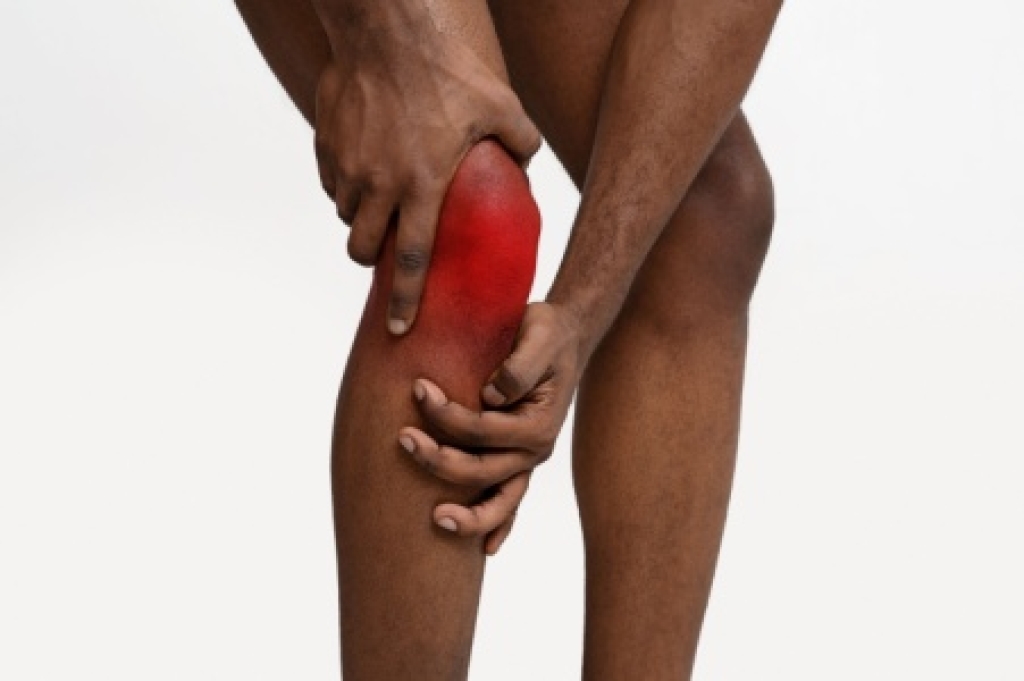
Degenerative disc disease occurs when the spinal discs gradually lose cushioning and flexibility, reducing their ability to absorb shock. Causes include natural aging, repetitive stress, injury, and poor posture. Symptoms often involve pain in the back or neck, stiffness, and discomfort that worsens when moving, bending, or lifting. Some people experience muscle tension or radiating pain that affects daily function. Diagnosis is based on a thorough medical history, physical examination, and imaging studies to evaluate disc health and spinal alignment. Risk factors include physically demanding work, prolonged sitting, excess body weight, and smoking. A chiropractor can help by improving spinal alignment, reducing pressure on discs, restoring mobility, and supporting pain relief. If spinal pain is limiting your life, it is suggested that you consult a chiropractor to explore appropriate relief solutions.
Degenerative Disc Disease
Degenerative disc disease, or DDD, is a condition characterized by the gradual wear and tear of the spinal discs, which act as cushions between vertebrae. As these discs deteriorate, they lose height, elasticity, and hydration, resulting in reduced shock absorption and increased friction between bones. This degeneration can lead to chronic pain, stiffness, and decreased mobility, often radiating to other areas of the body due to nerve irritation.
Management of Degenerative Disc Disease
Chiropractors manage degenerative disc disease by reducing stress on the spine and enhancing mobility to alleviate discomfort. They use targeted spinal adjustments to help improve alignment, which minimizes nerve compression and promotes better disc health. By restoring spinal balance, chiropractic care can help reduce pain and prevent further degeneration.
Complementary treatments like stretching exercises, strengthening routines, and postural training often accompany chiropractic adjustments to provide a comprehensive approach to managing DDD. These additional therapies aim to enhance flexibility, reinforce supporting muscles, and protect the spine from further strain.
Chiropractic care focuses on a non-invasive, holistic approach, offering relief without reliance on medication or surgery. By addressing the underlying mechanics of the spine, chiropractors work to help patients manage DDD symptoms effectively and enjoy improved quality of life over time.
1. How often should someone with degenerative disc disease see a chiropractor?
The frequency of visits varies based on individual needs, but patients often benefit from regular treatments initially, which can then be adjusted as symptoms improve or stabilize.
2. Will chiropractic care stop the progression of degenerative disc disease?
While chiropractic care cannot reverse the condition, it can help alleviate symptoms, reduce pain, and improve quality of life, making it easier to stay active, which may slow progression over time.
3. How does a chiropractor evaluate the progression of degenerative disc disease over time, and can they adjust their techniques as the condition evolves?
Chiropractors typically monitor changes in mobility, pain levels, and overall function, adjusting their treatment plans to accommodate increased sensitivity or stiffness as the disease progresses.
4. Does chiropractic care provide long-term relief for degenerative disc disease?
While chiropractic care may not cure degenerative disc disease, regular treatment can offer long-term relief by managing pain, reducing inflammation, and improving joint mobility, which can enhance quality of life over time.
If you have any questions please feel free to contact our office located in Omaha, NE .




